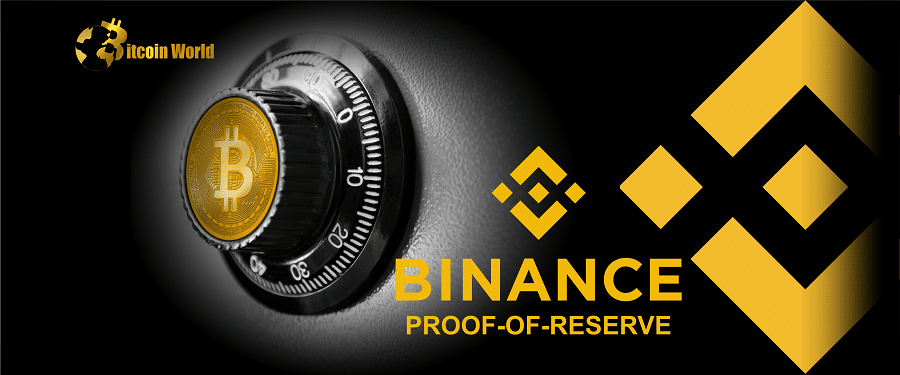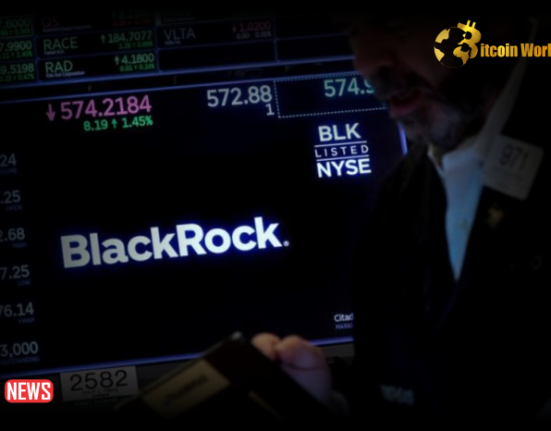Binance’s first proof of reserves (PoR) audit report reveals that the company had enough assets to handle large customer withdrawals and that customers had put up enough margin to collateralize leveraged positions.
On November 22, 2022, the South African business unit of international audit, tax, and advisory firm Mazars conducted the PoR audit. It used several methods to ensure that Binance had sufficient assets to honor customer withdrawals.
To begin, the auditing firm independently matched asset balances from BNB Chain, Bitcoin, Ethereum, and Binance Smart Chain wallet addresses to an Asset Balance Report provided by Binance management. The company discovered an asset variance of less than 1%.
Mazars directed Binance management to transfer funds from a specific wallet address in order to ensure ownership of the private key. The auditing firm ensured that the addresses involved were marked as belonging to Binance on Etherscan and BSCScan.
Mazars then observed Binance’s management accurately extracting customer liability reports using custom internal code scripts. These reports detailed the amount of money owed and received from customers. Customers who borrowed money for leveraged trading had a negative balance on their accounts, according to the report. The firm then double-checked the balances to ensure they were correct.
The auditor then calculated the Merkle root hash of all client balances using a proprietary Merkle Tree generator. The Merkle root hash is a cryptographically secure fingerprint that an auditor can use to verify the asset balance of an exchange at a specific point in time. The Merkle root allows for verification while preventing direct access to customer data.
Binance customers can enter the Merkle root hash on Mazars’ website to find their unique Merkle leaf and confirm that their balances are still available on the exchange at the time of hash calculation. Some users have reported having difficulty doing so.
Finally, the auditor discovered that Binance customers who engaged in leveraged trading had 101% overcollateralized their positions.
Crypto The Binance audit received mostly positive feedback on Twitter. However, there was some criticism of Binance’s choice of Mazars as the auditor, a relatively unknown firm.
While critics argue that an exchange can borrow assets to spoof their reserves or collude with auditing companies, proof of reserve audits may become mandatory to protect user funds in the absence of federal deposit insurance.
Furthermore, many cryptocurrency exchanges, including Binance, are private companies. As a result, they are exempt from financial reporting requirements in jurisdictions such as the United States. Regularly published audits could provide legitimacy to the crypto industry at a time when investor confidence is at an all-time low following the collapse of several major crypto businesses in 2022.
FTX went bankrupt because it allegedly misappropriated client funds, leaving it with insufficient liquidity to honor withdrawals at a critical juncture.
Proof of reserve audits improves transparency but does not prevent funds from being mismanaged between audits. Other regulations would be required by regulators to ensure that exchanges, like traditional Wall Street banks, maintain minimum client balances.














